10 fascinating Deakin science facts to mark National Science Week
Research news
Deakin University conducts progressive, world-class research across its four faculties, seven research institutes and seven strategic research and innovation centres.
To mark National Science Week 2023 and celebrate the importance of scientific discovery, we’ve curated some of the most surprising findings from recent Deakin scientific studies.
1. Cheese lover? Fire up the fondue because we’ve got good news for you.
PhD candidate Barbara Brayner from the Institute for Physical Activity and Nutrition (IPAN) has found that cheese is not associated with weight gain. Neither is a host of similar high-calorie, high-fat foods including avocado, nuts, Greek yoghurt and chia seeds.
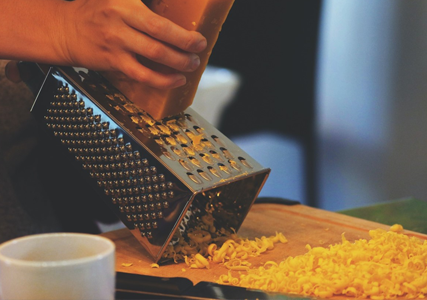
When it comes to maintaining a healthy weight, Deakin researchers have given cheese-lovers the all clear!
2. Did your older siblings annoy you sometimes? You might want to give them a grateful hug instead.
The Faculty of Health’s Professor Peter Vuillermin and Dr Yuan Gao were part of a research team that found strong evidence that older siblings speed up the rate at which babies develop their gut microbiome and that this protects them from allergies.
Sisters, brothers and bugs: how siblings protect babies from allergies - Deakin
3. Apparently, fences are not only good for blocking out nosey neighbours!
Dr Martino Malerba from the Blue Carbon Lab found that fenced dams on farms produced 56% less methane in comparison to unfenced dams.
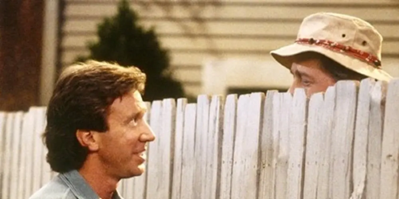
Deakin scientists revealed that fences are good for our climate, and for privacy.
4. Shrinking Prawns? Teeny tiny fish? Are marine animals getting smaller?
Associate Professor Timothy Clark is investigating why the world’s fish are shrinking as the climate warms.
The world’s fish are shrinking as the climate warms – we’re trying to figure out why (theconversation.com)
5. Have you seen birds on Google Maps recently?
Professor Don Driscoll is part of a research team that has attached tiny one-gram radio trackers to 19 orange-bellied parrots that pinpoint the location of the parrots every eight seconds. This knowledge will help researchers work out which parts of the habitat the birds are using and what they use it for, in hopes of boosting the numbers of this critically endangered species.
Bird with a wire- how to track one of Australia’s rarest species – The Age
6. Sniff your way back to childhood
A new study is investigating whether learning to remember smells can boost memory more broadly and reduce the risk of dementia. The research, led by Dr Alex Bahar-Fuchs, builds on a new body of evidence that shows training our memory for smells can improve brain function in the part of the brain where other memories are held.
Passing the sniff test: Can we train our brain to boost smell and memory? | Deakin
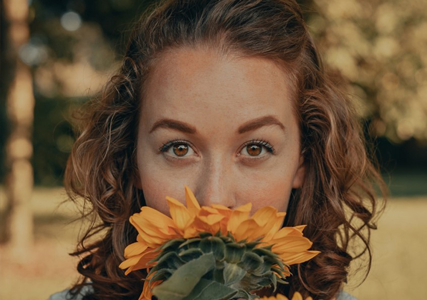
Deakin academics have found 'exercise snacking' – where wannabe fitness fanatics perform short bursts of regular bodyweight at home strength training – could be enough to maintain movement and enhance the quality of life of Australians aged 65 and over.
'Exercise snacking' the revolutionary new approach to fitness | Deakin
8. Ghost rodents – meet the albino mice and rats!
A Deakin investigation has shed light on the occurrence of albinism in Australian rodents - the first study to ever do so. By raising the profile of these adorable little creatures, the team hopes more people will come to appreciate Australia’s rodents as remarkable animals worth protecting… even the odd ones.
Ghost rodents: get ready to fall in love with Australia's albino rats and mice (theconversation.com)
9. The power of poo in our mental health
Deakin scientists, including PhD Candidate and Consultant Psychiatrist, Jessica Green, worked with the University of New South Wales to recruit people with depression to a poo transplant clinical trial. With promising early results, scientists believe that changing the gut microbiome can alleviate symptoms of mental health conditions.
10. Forget state borders, Australia has footy borders
The Barassi Line is an imaginary border running across Australia that divides Rugby League territory from Aussie Rules strongholds. Such a defined geographic divide for sporting codes is unique to our country, according to Deakin’s Dr Hunter Fujak, Lecturer in Sport Management.
The Barassi Line: a globally unique divider splitting Australia's footy fans (theconversation.com)
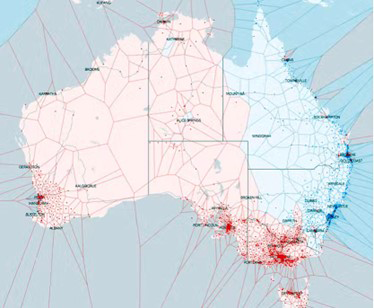
Australia has a unique divide when it comes to which football codes we follow
Did you know that Deakin is rated in the world’s top 1% for global impact? Learn more about Deakin’s world-class research across our five research themes: Research strengths | Deakin
Share this story
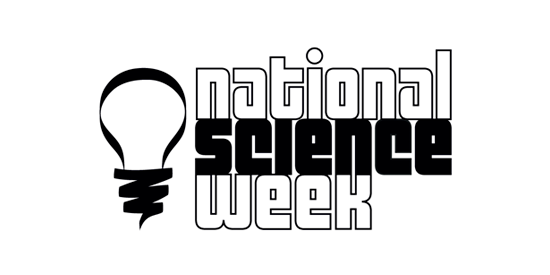
Key Fact
National Science Week is an opportunity to celebrate the importance of scientific discovery.
